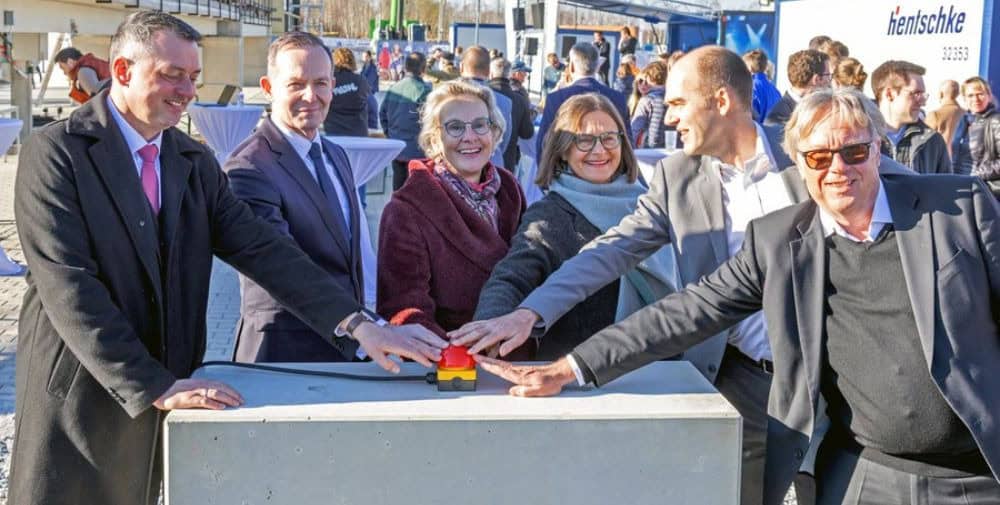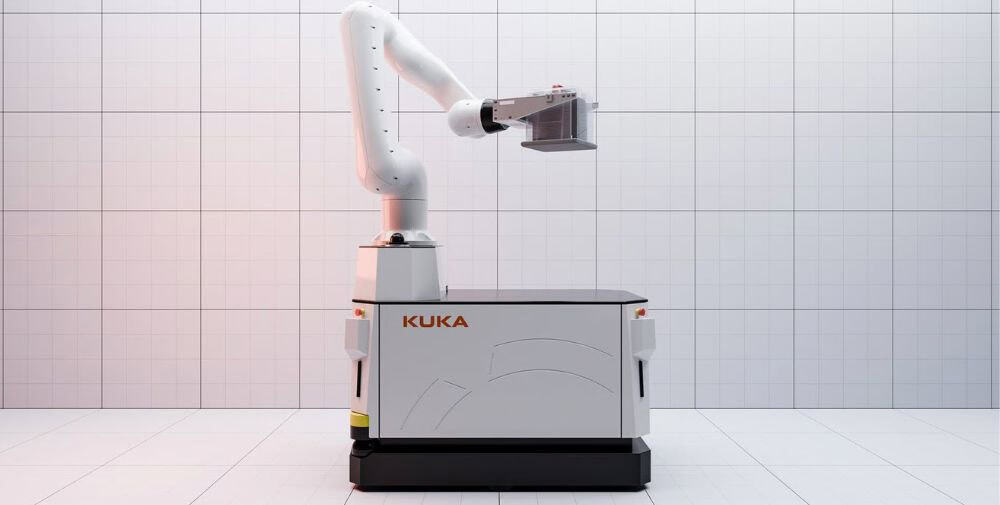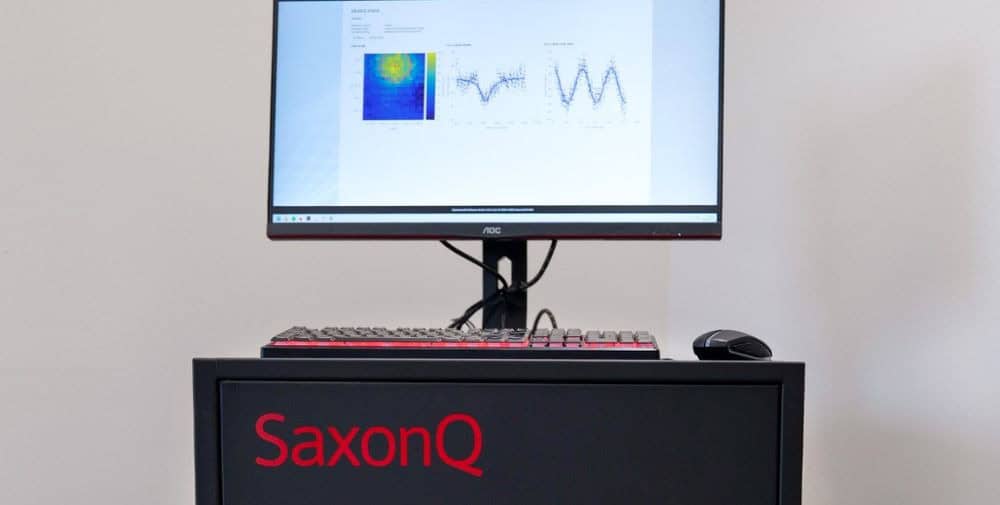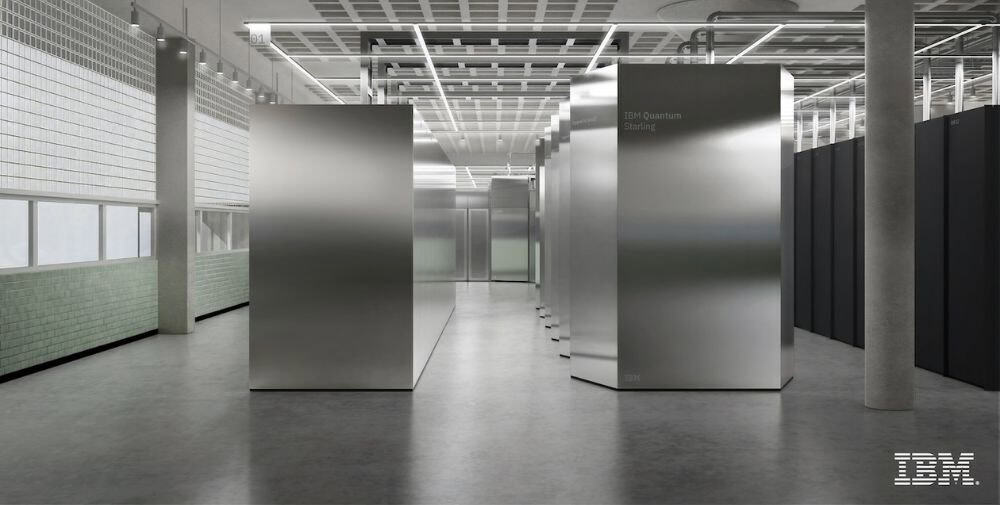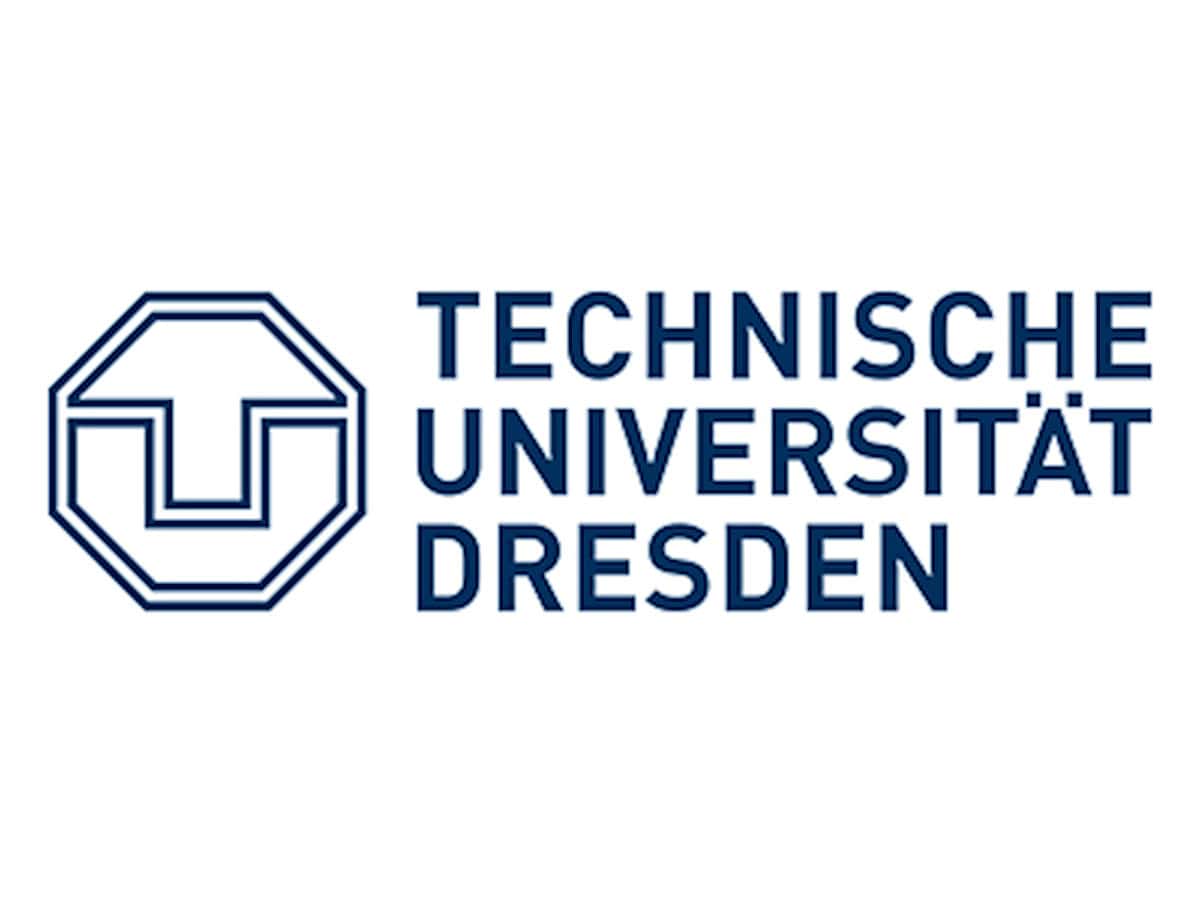
This research platform (openLAB) is unique in the world: the bridge is equipped with state-of-the-art sensor technology that will enable seamless monitoring in real time. A total of over 200 sensors have been installed to record temperature, inclination, movement and other factors that influence structural integrity. By using artificial intelligence, damage can be detected at an early stage so that maintenance measures can be initiated in a targeted manner. The prestressed concrete bridge is part of the research project “Automated Evaluation of Monitoring Data of Infrastructure Structures (IDA-KI)”, which is coordinated by the TUD and funded by the BMDV as part of the “mFUND” innovation initiative.
Federal Minister Dr. Volker Wissing: “Artificial intelligence is a game changer, also for the maintenance of our roads and bridges. By using state-of-the-art sensor technology and AI-supported analysis processes, we can monitor the condition of bridges in real time. This not only makes our transport infrastructure safer, but also enables more efficient and cost-effective maintenance. The project in Bautzen provides valuable insights for the modernization of our bridges and the renovation of our entire infrastructure.”
State Secretary Barbara Meyer: “The openLAB gives us a great opportunity at the right time, because in Saxony we are currently realizing how important a functioning transport infrastructure is. Today, with the bridge twin, we are giving the starting signal for a new era of Saxon bridges that can provide impetus throughout Germany! It is about innovative spirit, cutting-edge research, future viability and – of course the most important thing – more safety in our bridge structures. I wish Prof. Marx and his team every success with this project. I am looking forward to their results. My special thanks go to the Federal Minister for Digital Affairs and Transport, Dr. Wissing, for actively supporting this project and thus the Free State and the Lusatian mining region!”
Udo Witschas, District Administrator of the Bautzen district: “The new research bridge is further proof that the companies from Upper Lusatia can also play at the top in the field of research and innovation. There is enormous economic potential behind this for our region. The new bridge, this successful collaboration between science and practice, also shows what the region can expect from the establishment of the Living Art of Building LAB construction research center.”
Prof.in Ursula Staudinger, Rector of TU Dresden: “With the founding of the TUD|Campus Lausitz, we are taking responsibility for shaping structural change in Lusatia. This also includes real laboratories such as openLAB. These are essential for scientific progress, as they make it possible to test innovative technologies under real conditions and develop practical solutions. It is also about using technological developments to contribute to the improvement of essential social sectors such as bridge building and to create trust. The openLAB also offers unique opportunities for basic research in civil engineering. By bringing together politics, business, science and the public, we can provide impetus to the region that can have an impact as innovations at grassroots level. I would like to thank everyone involved for enabling us to jointly create a scientific platform for sustainable construction innovations and thus strengthen the region as a location for cutting-edge research and high technology.”
Prof. Steffen Marx, Director of the Institute of Concrete and Masonry Structures at TUD: “With the openLAB research bridge in Bautzen, we have created a globally unique real-world laboratory. Researchers can develop digital twins and innovative monitoring technologies here. Our aim is to maintain buildings more proactively in future and thus ensure sustainable mobility.”
Jörg Drews, Hentschke Bau GmbH: “For us as a company with local roots and a supra-regional presence, innovations in the construction industry are particularly relevant. Especially when innovations are created through cooperation with science and research that can contribute to the further development of digital business models. This not only enables Hentschke to actively shape the digitalization of infrastructure, but also to establish itself as a driver of innovation in Lusatia.”
The sensor technology of the research bridge and its digital twin were clearly demonstrated during a live demonstration: A rail car weighing several tons crossed the bridge and simulated various load scenarios. The installed sensors provided valuable real-time data for scientific analysis. Critical changes in condition can be displayed by the digital twin, a virtual image of the bridge.
Research project IDA-KI
On January 1, 2022, the joint research project IDA-KI started under the leadership of the Institute of Concrete Structures at TUD. The total volume of the project is around 3.8 million euros. The consortium aims to create the scientific basis for a reliable condition assessment of bridge structures in near real time. This is a basic prerequisite for predictive, forward-looking maintenance management. The concept of the digital twin is used for this purpose. The project is also intended to make a sustainable contribution to the structural strengthening of the Lusatia coal region.
About the project consortium
The consortium, consisting of the Institute of Solid Construction at TUD, the Institute for Digital and Autonomous Construction at Hamburg University of Technology, MKP GmbH and Hentschke Bau GmbH, brings together many years of experience in the fields of digital construction planning, structural monitoring, AI-based fault diagnostics and engineering-based condition assessment. Associated partners from the field of infrastructure construction serve as a project advisory board to ensure that the methods developed can be put to broad practical use. These include the Federal Institute for Materials Research and Testing, the Federal Highway Research Institute and Autobahn GmbH.
About the BMDV’s mFUND funding program
With the mFUND innovation initiative, the BMDV has been funding research and development projects relating to digital data-based applications for the mobility of the future since 2016. In addition to financial support, the mFUND supports networking between stakeholders from politics, business and research as well as access to BMDV data portals with various event formats. “mCAST – Der Innovationspodcast”, the monthly podcast of the mFUND accompanying research, will be dedicated in detail to the topic of predictive maintenance and the “openLAB” research bridge in Bautzen in its episode to be released on March 19, 2025.
– – – – – –
Further links
👉 https://tu-dresden.de
Photo: Stefan Gröschel
